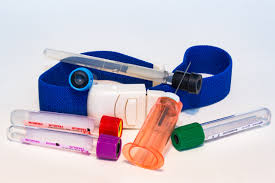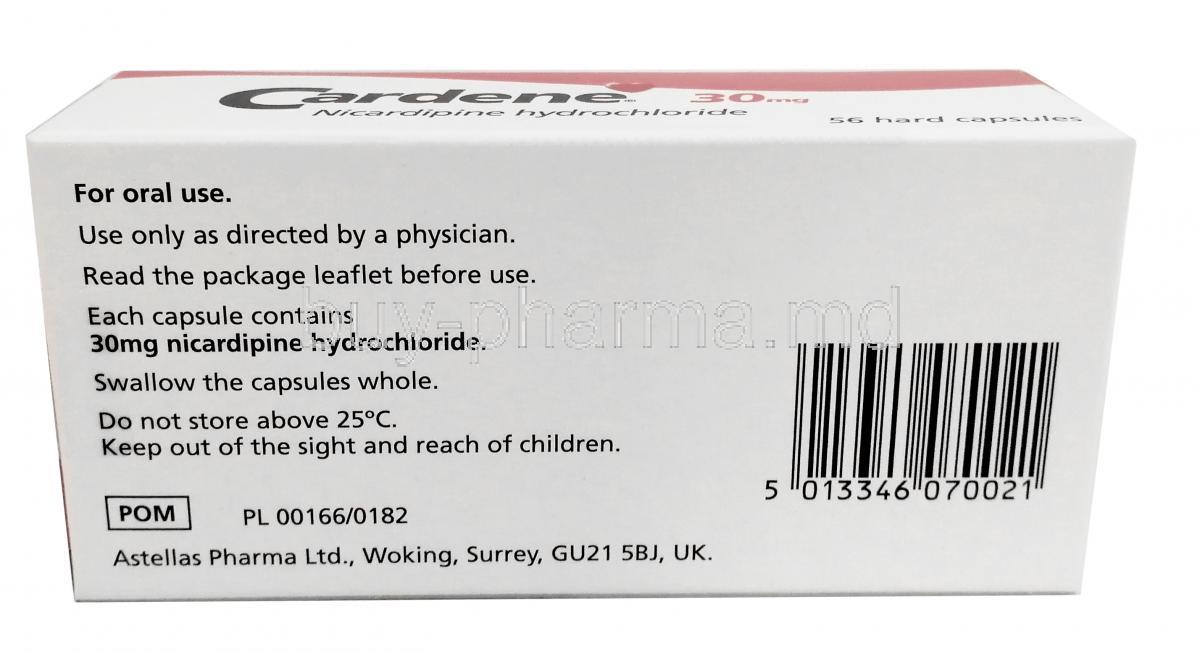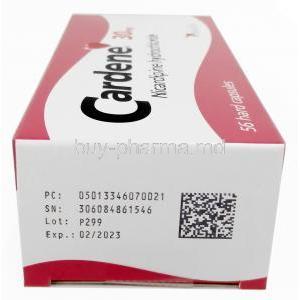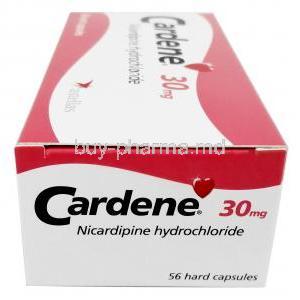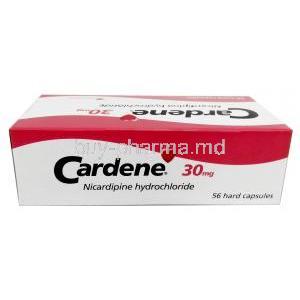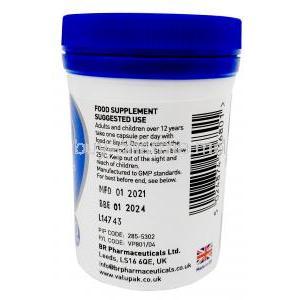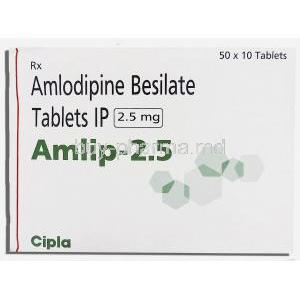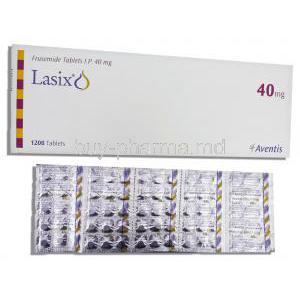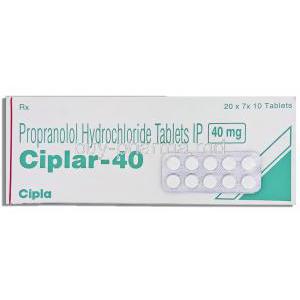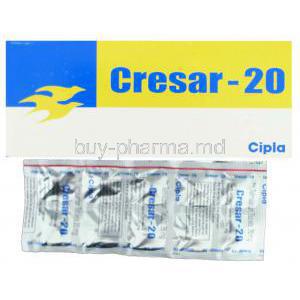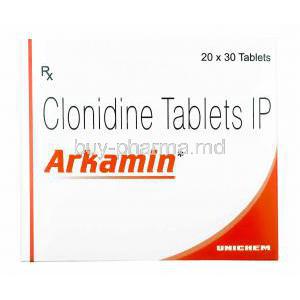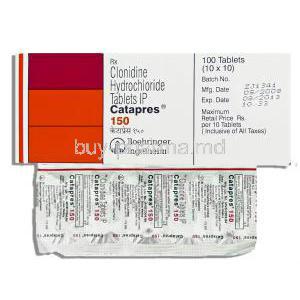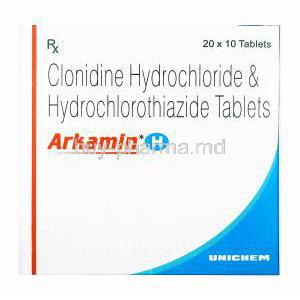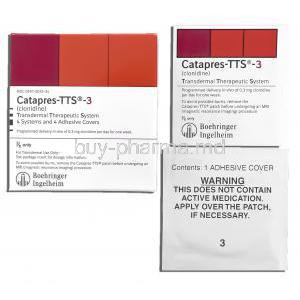Cardene
- I. Introduction to Cardene (Nicardipine)
- II. Composition of Cardene
- III. Uses of Cardene
- IV. Off-label Uses of Cardene
- V. How Cardene Works
- VI. Dosage and Administration
- VII. Side Effects of Cardene
- VIII. Interactions with Other Medications
- IX. Warnings and Contraindications
- X. Important Precautions
- XI. Administration to Specific Populations
- XII. Overdose Management
- XIII. Storage and Handling Precautions
I. Introduction to Cardene (Nicardipine)
Cardene, a drug in the field of heart health, plays a key role in treating high blood pressure and chest pain. Since its introduction, Cardene has been thoroughly improved, proving its effectiveness and safety. Its importance in heart health is undeniable, giving doctors a resource to help treat heart conditions efficiently.
II. Composition of Cardene
Cardenes core component is Nicardipine, a calcium channel blocker that regulates calcium influx into heart and artery cells. Additives support the drug in improving its stability and how well the body can absorb it. Cardene comes in intravenous forms, providing flexibility in how it can be given to patients with different backgrounds and needs.
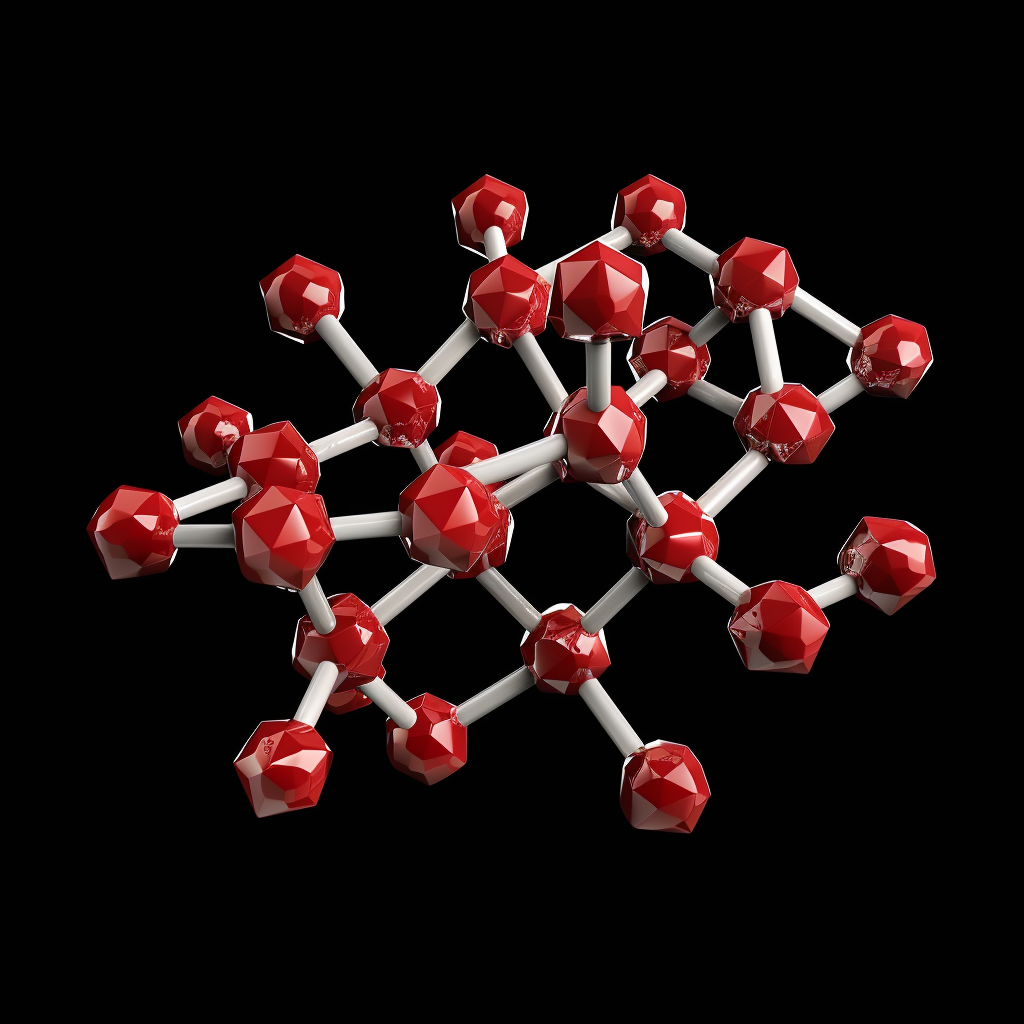
III. Uses of Cardene
- Primary Uses:
- Blood Pressure Management: Cardene plays a key role in lowering elevated blood pressure levels. It is effective in treating hypertension (high blood pressure) 1.
- Angina Pectoris Treatment: For patients experiencing angina pectoris, Cardene provides relief from chest pain associated with reduced blood flow to the heart 1.
- Surgical Situations: During surgeries, Cardene helps maintain stable blood pressure levels, ensuring the well-being of patients 1.
IV. Off-label Uses of Cardene
- Off-Label Use: Cardene has also been explored for conditions such as Raynaud’s phenomenon and Pitt-Hopkins Syndrome 1.
V. How Cardene Works
Cardene works by blocking the entry of calcium ions through L-type calcium channels in muscle found in blood vessels, causing vasodilation. This not only lowers resistance in peripheral blood vessels but also has a beneficial effect on blood pressure and heart rate, showcasing its effectiveness in treating cardiovascular conditions.
VI. Dosage and Administration
The proper doses of Cardene can differ based on the patient's health and how they respond to treatment. Specific adjustments might be needed for conditions, and there are different instructions for giving it through IV or by mouth. Following these guidelines helps achieve the treatment results.

VII. Side Effects of Cardene
Cardene is usually well received by patients, but it can lead to various side effects such as headaches, dizziness, nausea, and swelling in the extremities. Identifying and addressing these reactions is crucial to ensure that patients remain comfortable and compliant with their treatment.
VIII. Interactions with Other Medications
Cardene effectiveness may be impacted by the use of medications at the same time, so it's important to watch out carefully for any possible drug interactions. This involves making changes and keeping track to reduce effects and guarantee that treatment is effective, highlighting the need for a comprehensive approach to caring for patients.
IX. Warnings and Contraindications
Cardene is effective for heart conditions. It should not be used by those allergic to Nicardipine. It's not recommended for people with stenosis or severe heart shock unless the benefits outweigh the risks. Patients with heart failure, kidney issues, or liver problems need attention and may require dosage adjustments for better results and fewer side effects.
X. Important Precautions
Regularly monitoring blood pressure and heart rate is crucial for using Cardene efficiently. Patients with hepatic issues may need dosage adjustments due to potential changes in how the drug works in the body. Diabetic individuals need to note that Cardene could hide signs of blood sugar, so keeping a close eye on glucose levels is essential.
XI. Administration to Specific Populations
a. Elderly Patients
Elderly individuals might show sensitivity to Cardene, which could necessitate changes in dosage and close observation for safety and effectiveness. There is a likelihood of hypotension and bradycardia in this age group, so it's important to be careful when determining the dosage.
b. Pregnant Women and Nursing Mothers
The safety of Cardene, in women and nursing mothers is not clearly established. Therefore it should only be used if the potential benefits outweigh the risks to the fetus or infant. Other treatment options should be. If the use of Cardene is necessary close monitoring of both the mother and child is essential.
c. Children
Cardenes application, in children, has limited data available. Nonetheless, when needed, the dosage should be adjusted cautiously based on the child's weight and the particular condition being addressed while closely monitoring for any side effects.
XII. Overdose Management
Taking much Cardene can cause significant low blood pressure and slow heart rate. If someone shows signs of an overdose, it's crucial to seek medical help, which may involve giving fluids through a vein, elevating the limbs, and, in severe situations, using vasopressors to improve blood vessel tone. Afterward, ongoing care might include checking the heart and kidney function until the patient improves.
XIII. Storage and Handling Precautions
Cardene should be kept in a room with temperature shielded from light and moisture to maintain its effectiveness. Proper care is necessary when handling the versions of the drug to avoid contamination and protect patients. Following the recommended storage guidelines is crucial for upholding the stability and longevity of Cardene, guaranteeing its efficacy until it reaches its expiration date.
